“Why waste our gold in imported goods when domestic products provide the highest quality that the customer might wish?” This was the ‘buy local’ marketing strategy of Albanian industrialists in pre-war Albania.
And yes, Albanian merchants from Korca, Gjirokastra, Delvina, and other cities would trade with gold until World War II.
Ads from the 20s and the 30s not only show how Albanian companies marketed their goods, but they also illustrate the history of fashion and lifestyle, as hats, make-up, cinema, and coiffure were a big deal. Ads ran on monthly periodicals, provide a valuable historical resource to understand life and economy in Albania from different points of view.
“Do not scrimp one Lek a week on a book that lightens you, teaches, and elevates your spirit,” Vatra Library in Korca on Mother novel by Maksim Gorky.
Nowadays, we have lost city movie theaters, but we inherited the love for foreign languages, books, fashion, and the apparel manufacturing industry.
“Hotel Paris organizes soiree, tea events, or banquets for up to 100 people with two cuisine chefs (alla turca and alla frenga)”
How did they market their goods and services during the great depression? How important was it to have a good tailor? Ads from the era show a lot about the lifestyle in urban Albania.
The National Library has an extensive holding of digitalized newspapers and magazines from the 20s and 30s. From those newspapers (Minerva, Zana, Rilindja, Java), it was possible to make a collection of vintage Albanian ads. It’s interesting to see how services and goods were marketed during the great depression crisis.
On one hand, companies took great pride in their Albanian products and in anything that could be made in the country. On the other hand, they would import high-quality raw materials for their manufacturing workshops.
If you think that Zeiss lenses, Omega watches, or Elisabeth Arden are new products in the Albanian market, you’re wrong.
The first Albanian trademark
The first registered Albanian brand is ‘Hobdari’ or ‘Vllazen Hobdari’ and it dates back to 100 years ago. The Hobdari brothers belonged to a well-known family of merchants. Around 1890 the family invested in the food industry and produced artisanal soap. By 1914 they built the first soap factory in Tirana. Two years later the family built another factory for ice, alcohol, and refreshing beverages. In 2018 the company created an industrial unit that included soap and ice factories, a distillery, fresh beverages line under the German Sinalco brand, and a lab for perfumes made with essences of German brand Gunt George. The factories operated until 1947 when they were seized by the communist regime.
Source/Photo credit: The National Library
Read also: How did Albania Look like One Century Ago?
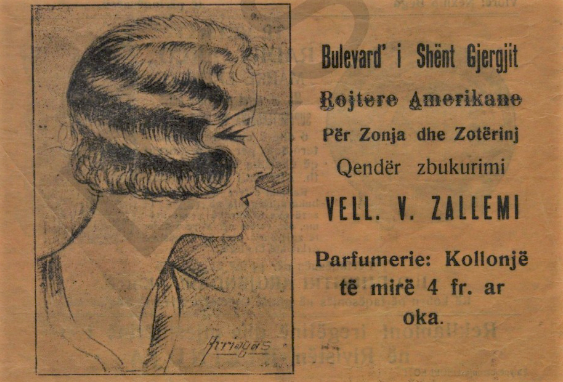
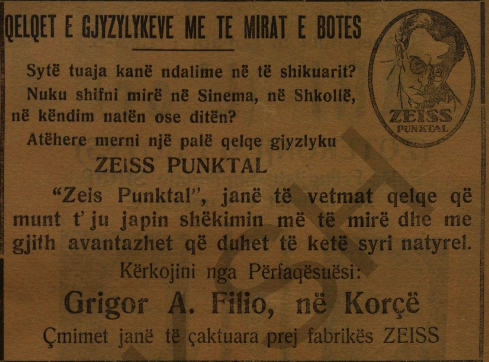

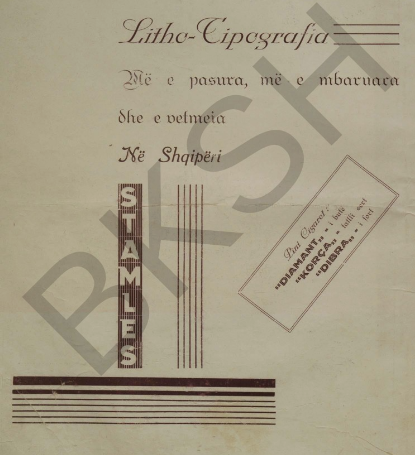
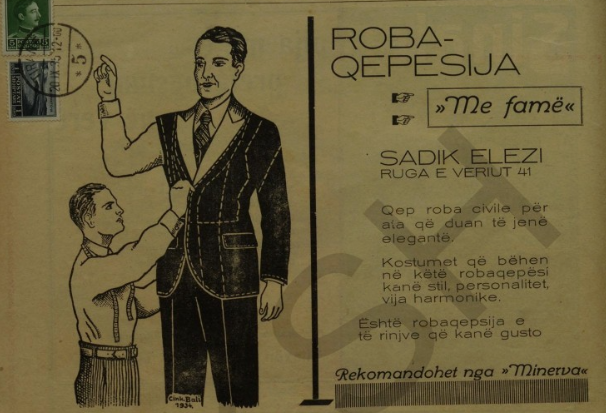
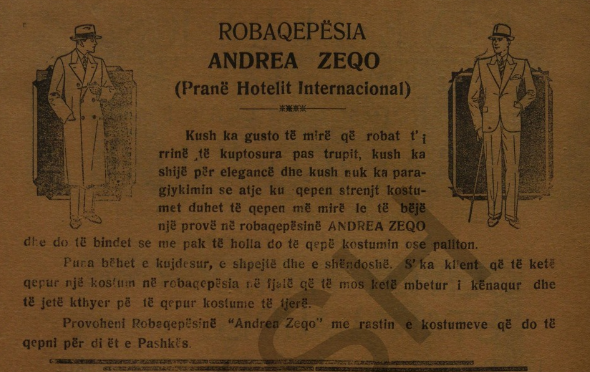
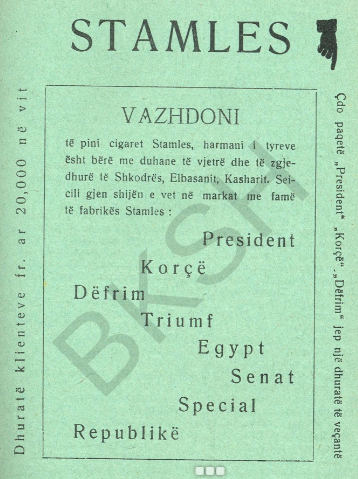
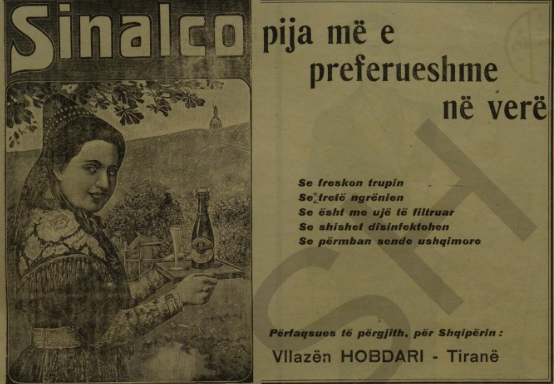
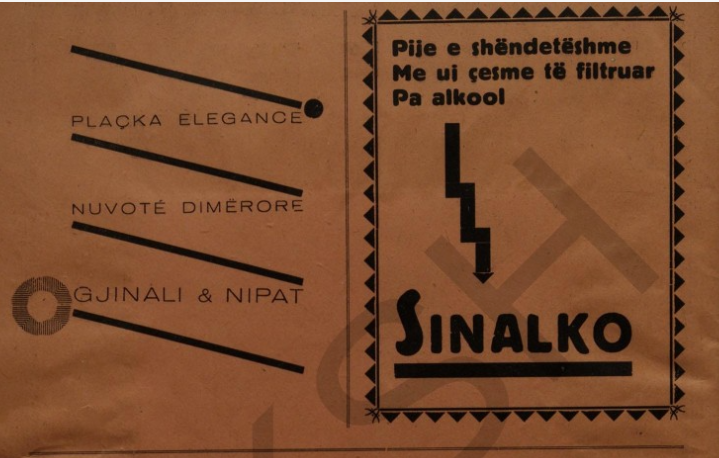
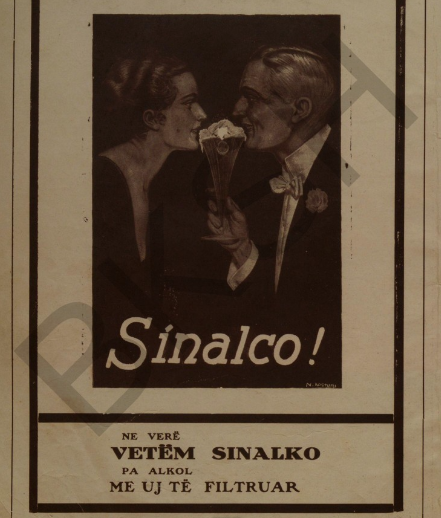
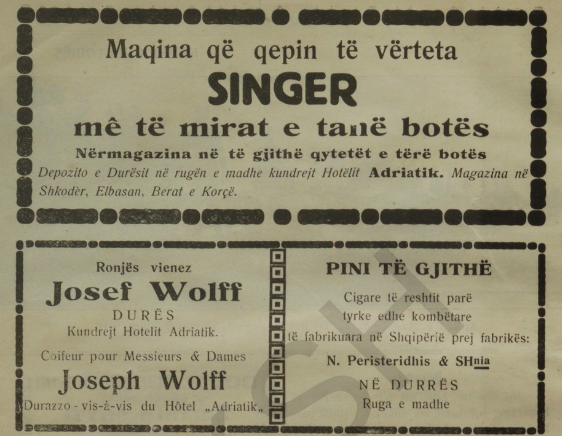
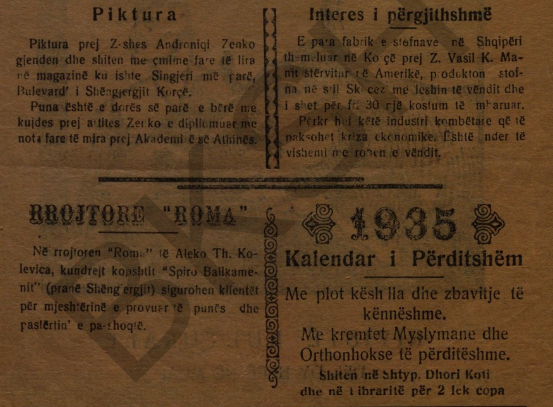
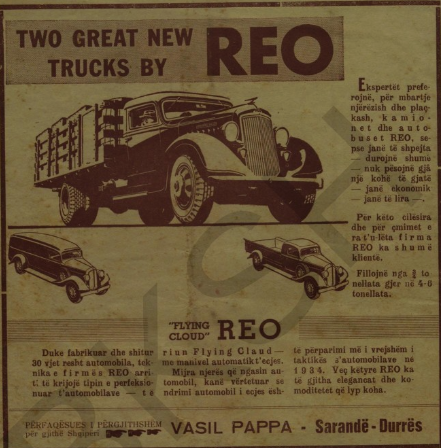
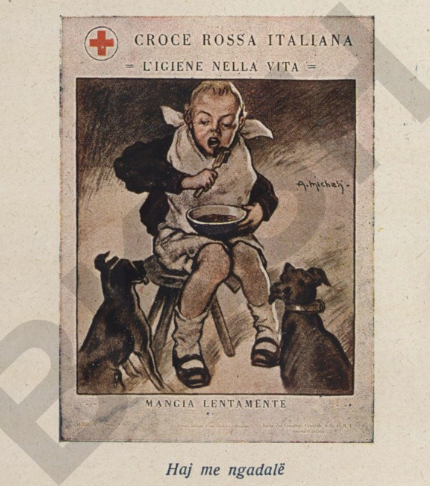

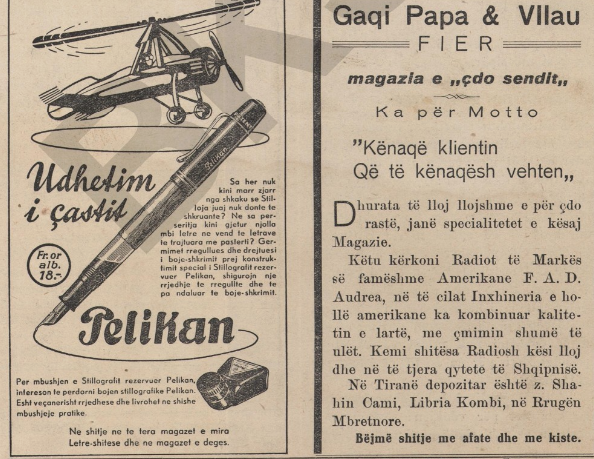

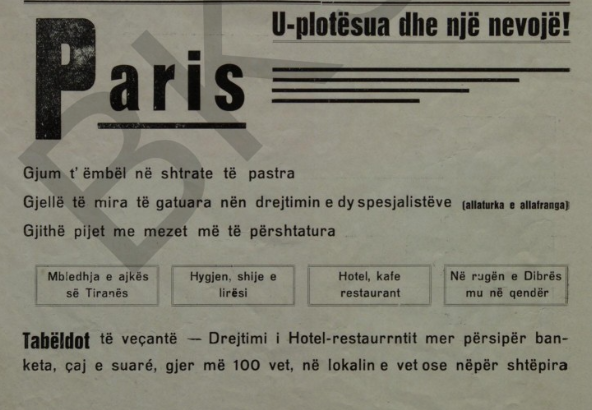

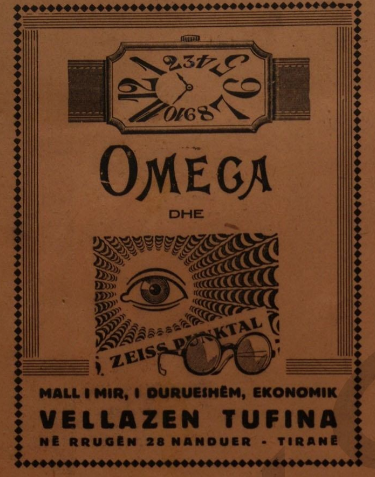
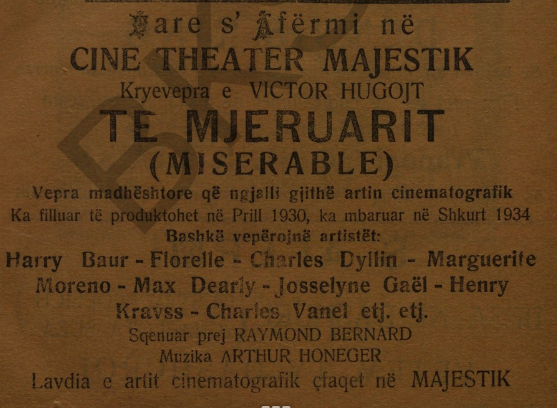
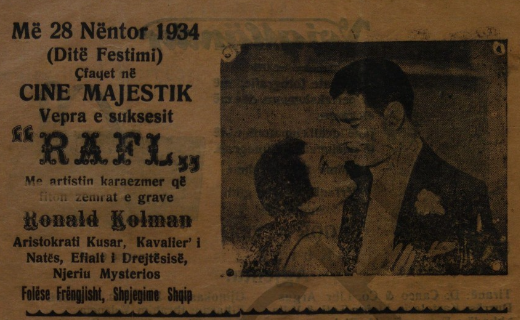
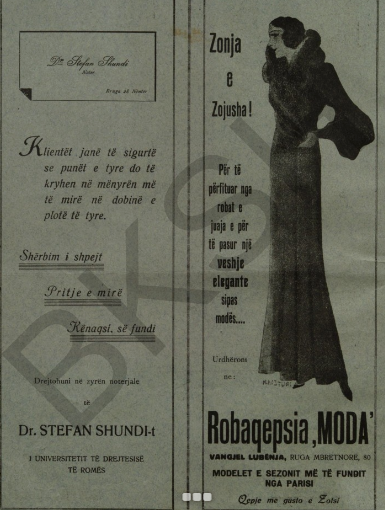
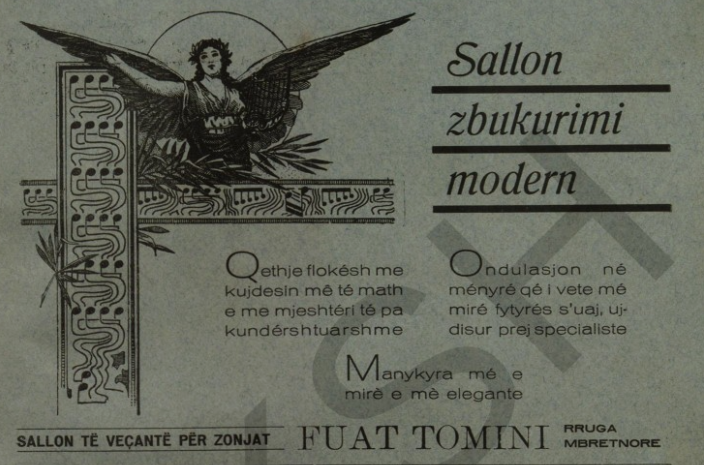
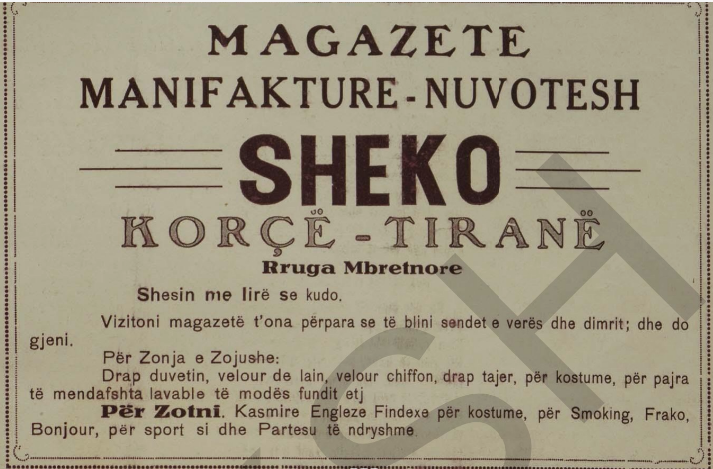
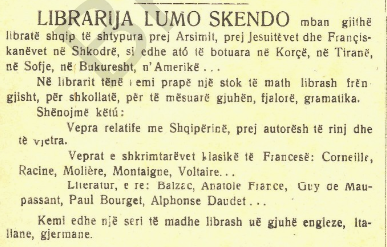
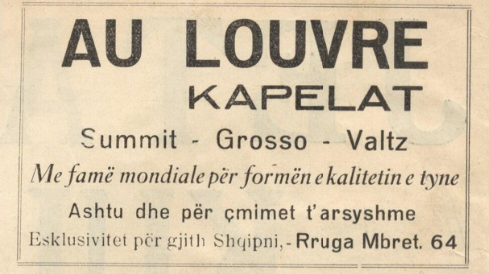
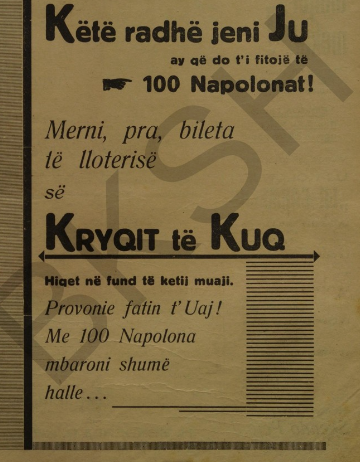
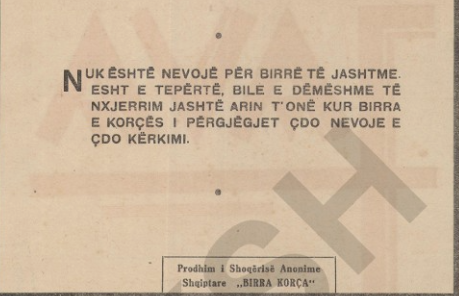
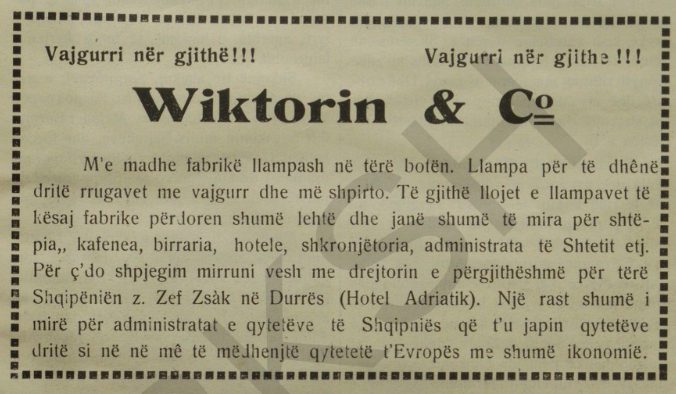
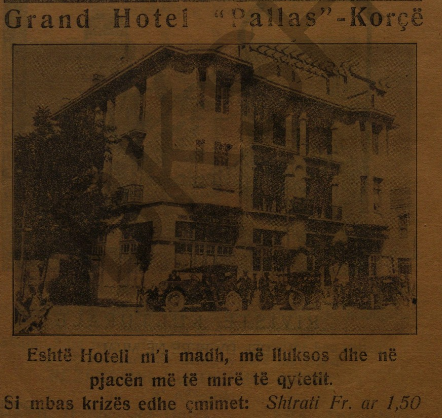
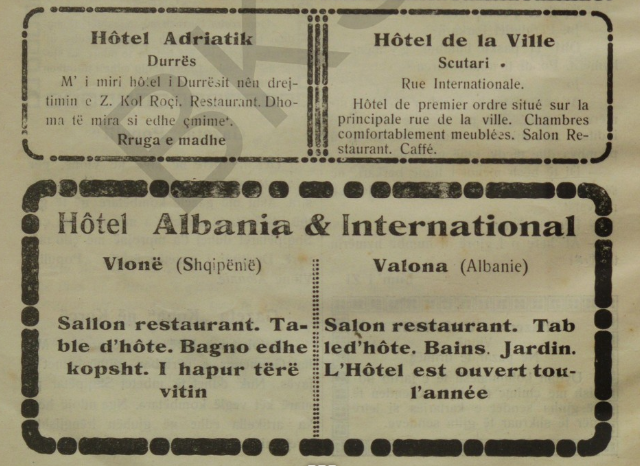
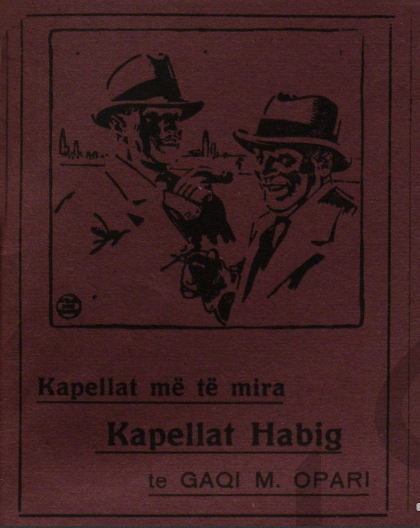
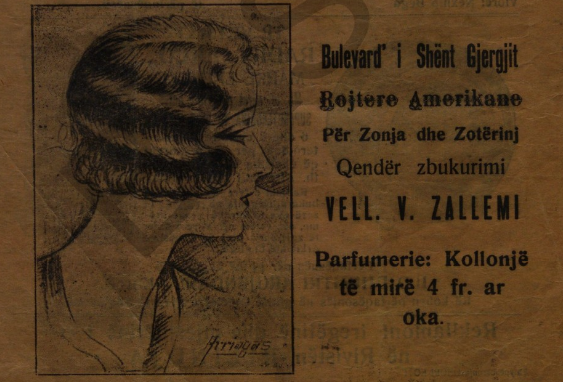
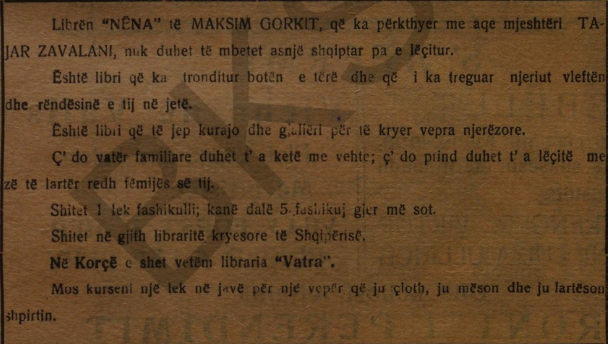
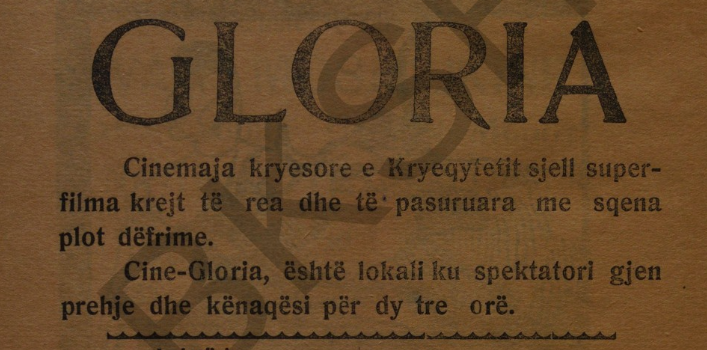
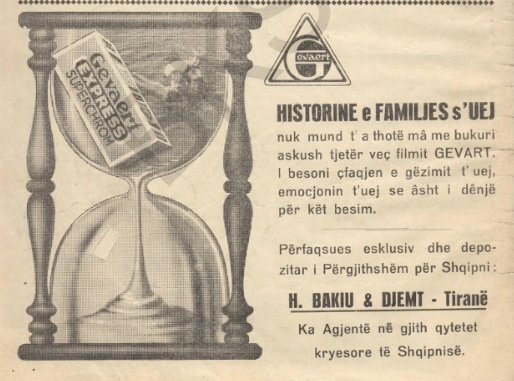
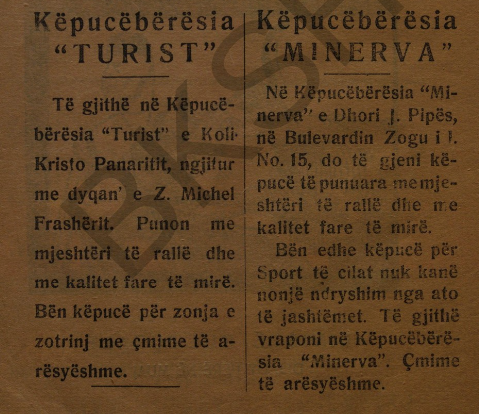
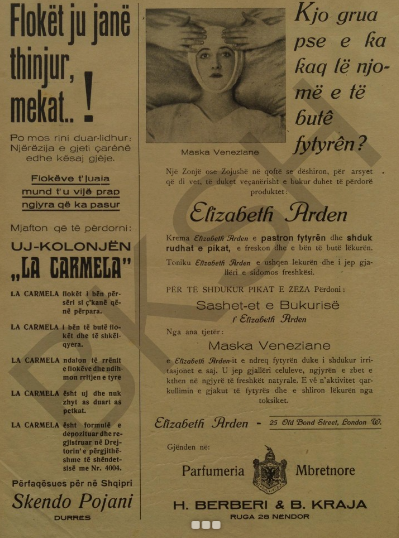
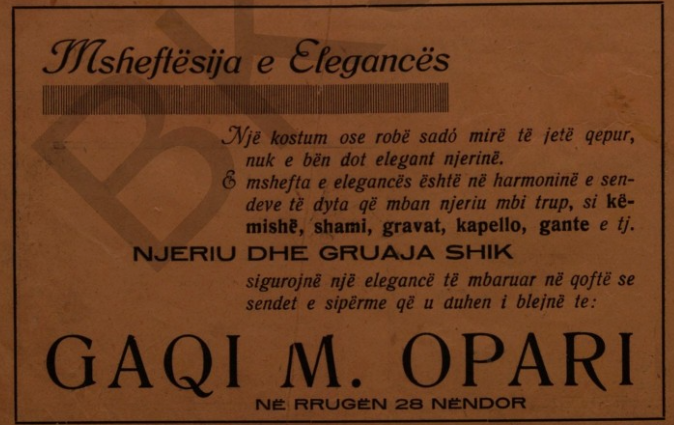

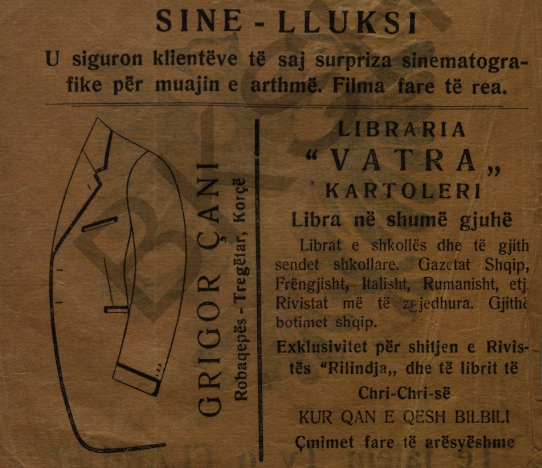
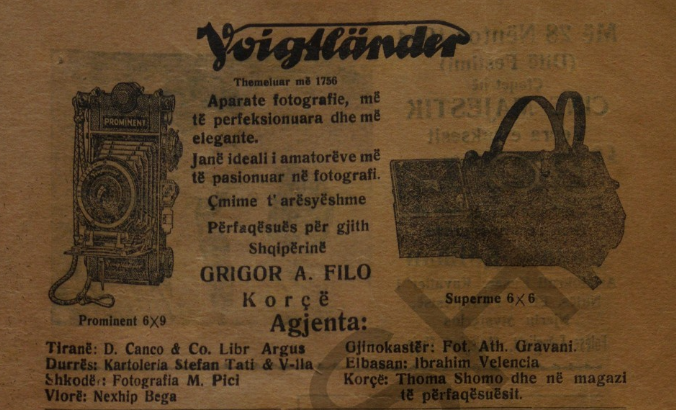

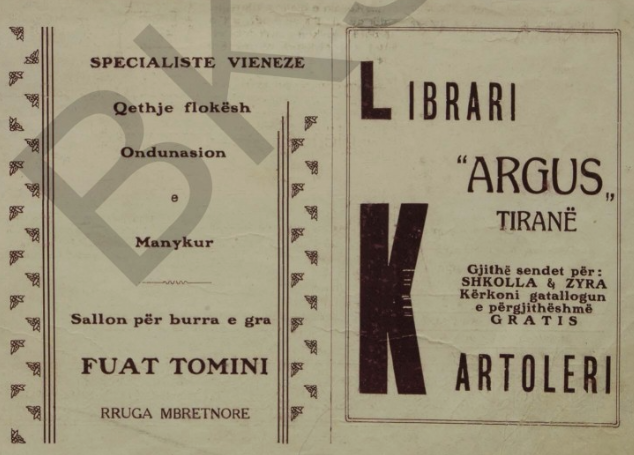
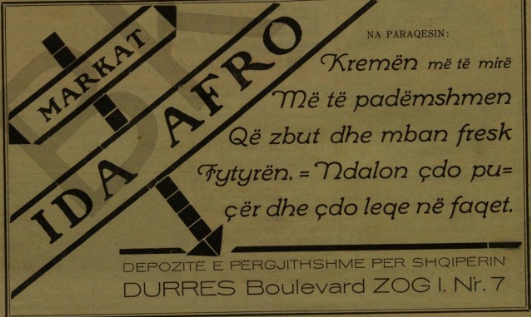
Leave a Reply
You must be logged in to post a comment.